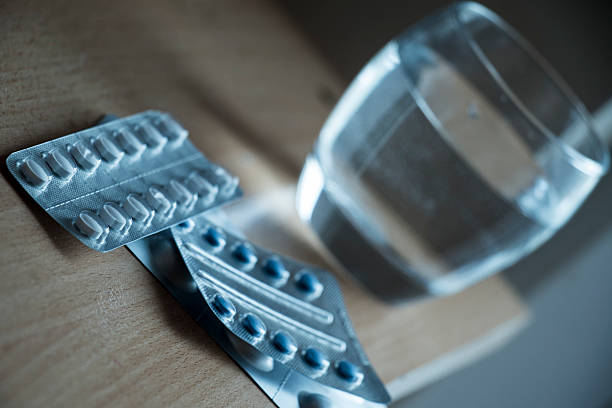
What can you expect during and after an abortion with a medication?
After you have taken the second to stop abortion with a medication from home, it is possible that you could be experiencing the following symptoms:
- nausea vomiting, diarrhoea headache, dizziness, and headache and
- pain usually occurs within a half-hour and typically much more severe than the pain of a period
- bleeding for up to 4 hours later, which is heavier than a period. There could be massive blood clots
- within two to six hours the bleeding is usually reduced to the normal level. period. Usually, after two to six hours, the bleeding stops.
- The bleeding can be the same as a normal period for a further up to 7 days
- Infrequent, irregular, or long-lasting bleeding may last for as long as four weeks following an abortion medication.
Note: The time of the bleeding and pain is not certain. Sometimes, it starts prior to starting the next medication however it could be up to 24 hours for it to begin.
Following up after an abortion with a medication
It is crucial to make an appointment for a follow-up to confirm that the procedure has been completed and that the pregnancy has been terminated. A lot of doctors will order an examination of the blood to ensure whether the level of hormones that are associated with pregnancy is down. The test will give you an appointment to review the results within 2 weeks.
Medication abortions are not effective in approximately one percent of instances. About two to five percent of women will have pregnant tissue in their abdomen (womb) and may require an additional procedure, like additional tablets or a minimal surgical procedure to end the abortion. Your doctor will go over the issue with you.
Self-care at home following medications for abortion
The nurse or doctor will guide you in taking good care of yourself during the weeks following your abortion. It is possible to use over-the-counter anti-inflammatory medications to ease cramps (your doctor may prescribe stronger medications if required). Massaging and applying heat to the affected area may help.
To minimize the chance of contracting an infection in the weeks after surgery, it’s advised to avoid:
- Insert anything in your vagina and in your vagina, including the tampons (do not put tampons in your vagina prior to the next period)
- Have vaginal sexual relations.
- Perform any strenuous exercise that is strenuous, such as sports or heavy physical labor, until bleeding stops.
- You can go swimming or take an enjoyable shower (you could shower).
Your doctor should have advised you of the dangers and signs of potential complications and the appropriate steps to take should they arise and where you can get help at any moment.
Advantages and disadvantages of medications for abortion
The benefits of medication abortions include:
- In 95-98 percent of pregnancies that last up to nine weeks, there is no need to undergo any further treatment following two doses of abortive medication.
- In contrast to surgical abortion medication abortions do not require the hospital or in a day surgery center since it doesn’t need a surgeon, anesthetist, or any other medical professional to be present at the last phase in the process. This makes it an ideal alternative for those who live in areas that are remote, provided they are able to access emergency treatment.
- It’s a less invasive and non-surgical procedure that some women may like.
- Certain women believe it’s more natural.
- It can happen in a family space.
Advantages of medical abortions are:
- Medication abortions are typically longer-lasting than surgical abortions. There could be more doctor visits and tests.
- In some cases, the treatment needs to be repeated. often a surgical procedure is required.
- The bleeding and pain generally will last longer than after an abortion surgically.
- It’s difficult to know how long it will take to allow a medication abortion to be completed It could take longer than the anticipated four to eight hours after having taken the second medication.
- An appointment must be made for those who want the IUD placed.
- Mifepristone is not recommended for women who are pregnant.
Mifepristone is not recommended for you if:
- suffer from certain medical conditions including bleeding problems, adrenal failure, or high blood pressure
- are taking long-term steroid medication or blood thinner medication
- Have experienced allergic reactions to medications with mifepristone,
Click below to learn more health and fashion



